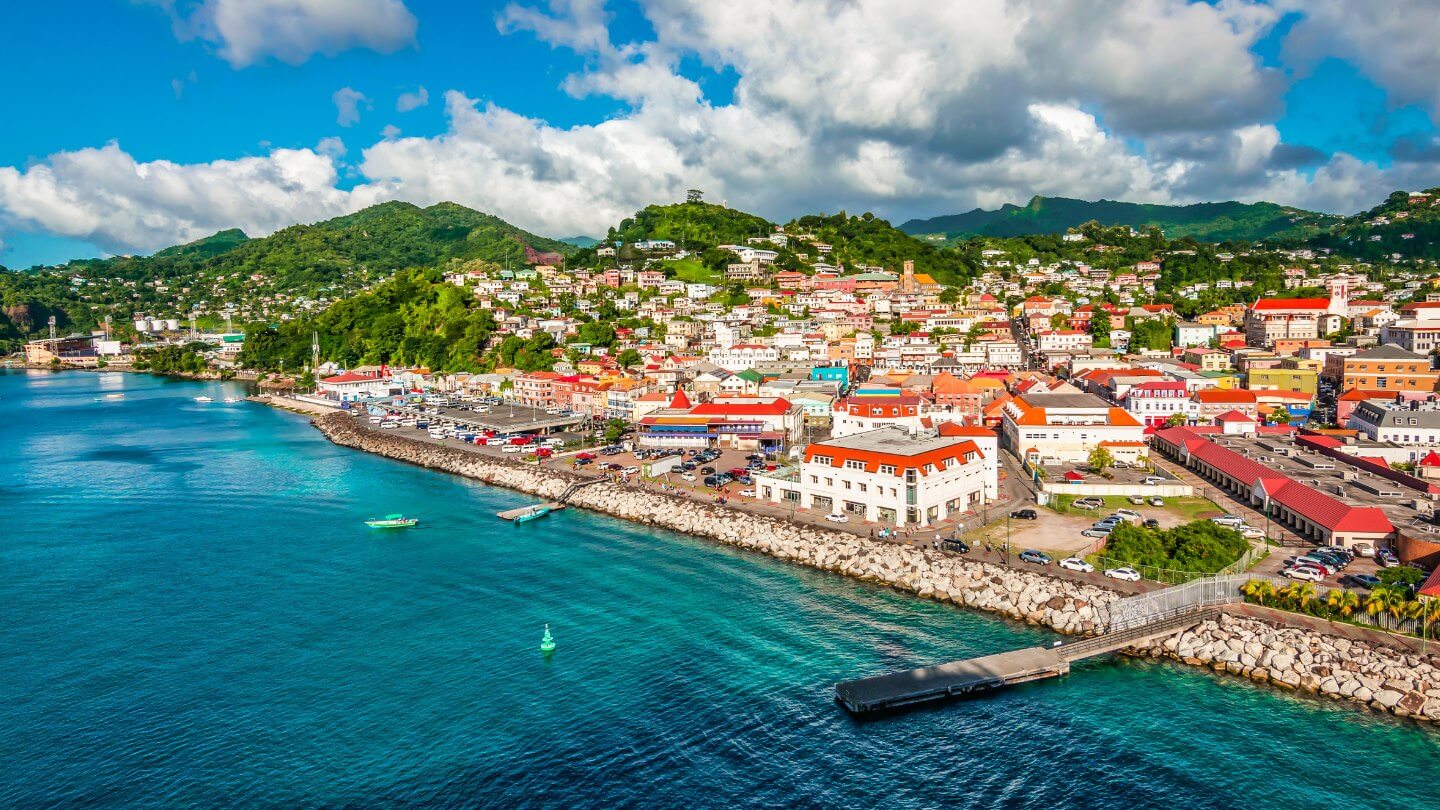
Is a VPN needed in Grenada?
Nestled in the Caribbean, Grenada is a picturesque mosaic of azure waters, vibrant reefs, and aromatic spice gardens. In recent years, the ‘Island of Spice’ has been spicing up its digital infrastructure, embracing modern technologies and e-governance. However, with this digital progression come challenges related to online freedom, privacy, and internet rights. Moreover, Grenada’s international affiliations, such as its association with the Caribbean Telecommunications Union (CTU), influence its digital landscape significantly.
Freedom of Speech
As a democratic nation, Grenada generally upholds the principles of freedom of speech and expression, both offline and online. There’s no widespread evidence of state or ISP-imposed censorship on the Internet. However, like many Caribbean nations, the region’s shared concerns about cyber threats or harmful online content could influence potential future discussions or actions concerning online freedom.
Article 13 of the Convention strictly prohibits prior censorship, permitting it only for regulating access to public entertainments to protect the morals of children and adolescents. This stance against prior censorship was underscored in contentious cases by the Commission. One notable case from Grenada in 1996 involved the state’s confiscation of four boxes of books upon entry, an action which the Commission deemed as an imposition of prior censorship. Without any justifiable reasons from the State, this act was found to infringe upon the right to freedom of expression, both for the petitioners and for those deprived of the information within the books. The Commission’s rigorous position on this matter was further highlighted in the Francisco Martorell case of the same year, where an injunction from a Chilean court prevented a book’s publication. The Commission stressed the importance of freely expressing and receiving all kinds of information, thoughts, opinions, and ideas, emphasizing the American Convention’s unique prohibition of prior censorship. Another pivotal case was the “Last Temptation of Christ” Case, where the Inter-American Court reasserted the Article 13’s strict stance against prior censorship after Chile prohibited the exhibition of the said film.
On a more localized note, Grenada has had its encounters with censorship issues. In 2012, Grenada made a significant move by becoming the first Caribbean country to decriminalize defamation. However, this progression was somewhat offset by instances where politicians have pursued legal actions against media entities for defamation. Such lawsuits have inevitably instigated a sense of self-censorship among journalists, given the potential legal and financial repercussions. Furthermore, the Grenada Broadcasting Network (GBN), partially owned by the government, has faced criticisms from press freedom advocates for instances of censorship. These events collectively paint a complex picture of Grenada’s relationship with censorship, balancing between progress in digital rights and challenges in upholding freedom of expression.
P2P, BitTorrent, Piracy
As Grenada steadily advances into the digital age, challenges associated with online copyright infringements are becoming more apparent, impacting both service providers and individual users. In 2015, LIME, a leading Internet Service Provider (ISP) in Grenada, had to confront this issue head-on. The company initiated legal action against numerous subscribers found engaging in illegal downloading and streaming of copyrighted content. Brent McIntosh, a key figure in LIME’s management, revealed that they regularly received copyright infringement notices from rights holders. These notifications pinpointed specific IP addresses assigned to LIME’s subscribers as sources of this illicit activity, predominantly in the realms of movies and music. Despite LIME sending “Cease and Desist” notices to the offenders, many persisted in their actions, resulting in the termination of several contracts. Notably, LIME’s subscriber agreement transparently outlines the repercussions of such breaches. On an average week, LIME would handle between 3 to 5 copyright infringement notices, with certain subscribers even becoming repeat offenders, often re-subscribing under different aliases. Grenada’s comprehensive copyright law, which encompasses a vast range of intellectual properties from musical compositions to computer software, deems these infringements as serious offenses. Those prosecuted for commercialized copyright infringements can incur penalties up to EC$50,000 in fines and face imprisonment durations extending to 5 years. In conclusion, while Grenada’s strides into digital modernization offer immense potential, they also underscore the necessity for robust regulations and awareness campaigns to ensure responsible digital consumption among its populace.
Media Websites and Social Media Access
Popular social media platforms and international media websites are generally accessible in Grenada without noticeable restrictions. There haven’t been widely reported instances of the Grenadian government blocking or restricting access to these platforms.
Net Neutrality
Specific information on Grenada’s regulations regarding net neutrality is limited. However, given its commitment to democratic values and open communication, the nation likely leans towards ensuring a fair and neutral internet for its citizens. ISPs, for the most part, do not seem to be involved in discriminatory practices concerning internet traffic.
Legal Framework
While Grenada continues to refine its digital policies, key legislation related to cybersecurity and data protection are being formulated. The nation’s direction towards ensuring robust digital rights remains evident as they collaborate with regional bodies on these matters.
Surveillance and Privacy
There’s no widespread evidence suggesting extensive government surveillance in Grenada. However, its affiliations with regional and global entities might expose the country to broader discussions on data sharing and surveillance for security purposes. Users concerned about digital privacy are always encouraged to use protective measures, such as VPNs, to ensure their online interactions remain private.
Conclusion
Grenada stands at a unique crossroads, where its rich heritage meets modern digital aspirations. While currently embracing the principles of online freedom and privacy, the future will be shaped by both internal policy decisions and external global standards. As the nation continues on its digital journey, the emphasis on protecting users’ rights and freedoms will undoubtedly remain at the forefront.
See also:

Leave a Reply